UP CLOSE AND PERSONAL WITH DADO BANATAO: Highlights of a Life-Affirming Conversation with the Filipino Silicon Valley Innovator
Hits: 4619Introduction
On 15 May 2014, the SMART SWEEP Innovation and Excellence Awards Champion team from the Bataan Peninsula State University composed of President Dr. Delfin O. Magpantay, Engr. Faye L. Baret, student innovators, had the opportunity to meet and talk with Engr. Diosdado “Dado” P. Banatao, Filipino innovator at Silicon Valley, the home of IT giants such as Google, Twitter, Facebook among others. The BPSU Team was with City of Balanga Mayor Joet Garcia and other local city officials.
The following reflects the highlights of the conversation and interaction of the Bataan group with Dado Banatao.
Silicon Valley innovations have affected the entire world considering it was not planned; the only thing planned about Silicon Valley is “Excellence”.
Silicon Valley is “a state of mind”. There is a culture of suicidal risk-taking—you know you are going to fail, but you still do it, and money comes rolling in. Failure is like a badge of honor—when you fail at something, it means you learned something, and for that, companies want to work with you.
In principle, Silicon Valley began in the 1800s when Stanford and Berkeley started. The schools focused on education first, with engineering as a major approach. Rich families then wanted to fund an engineering school and first went to Harvard but they were turned down, so they went to Stanford. These families made sure to fund the engineering school with huge property. They wanted to make sure that there is an engineering school that was properly funded and operated; they brought in the best minds to teach. As such, Silicon Valley is Stanford property.
Banatao pities students today because they have to learn more compared to what he had to learn in school when he was in college.
It is called Silicon Valley because it is where the semiconductors industry exploded.
There is industry-school interaction.
The community colleges in the area are the feeder system for the full-blown universities—if the students get a “B” or higher, they can automatically get into the UC system.
The community colleges have a better science program than most universities.
One problem about the Philippines is that universities in the country are income-generating but fail to prioritize excellence.
Silicon Valley has the highest concentration of PhDs and interestingly divorces (because of the demands and stress of “start-ups”).
In the early days when Banatao came back to the Philippines, he first wanted to learn where things are, so he thought talking to the corporate sector was the first place to go. He said he was wrong in thinking that way because unless corporate is in the thick of things, they will never understand. Eventually, his proposed ventures took off with money coming from the Philippines while the technology was being developed in the US.
Silicon Valley puts in $10B annually for R&D; marketing is as expensive as R&D.
Innovation is the tool for economic development. Banatao said, “To change an entire industry is very rewarding.”
Universities need to fund infrastructure for it to thrive.
DOM: CHED supports development of engineering and laboratories in BPSU.
Banatao likes Chairperson Licuanan because she is a fighter.
He looks at innovation overall as a primary means to feed economic growth of the Philippines because the country is stagnating. The Philippines is only slightly better than Cambodia and that displeases him.
Some analysts say that the Philippines is potentially nearing a phase of stagnation. Banato said something must be done to arrest that tendency.
Funding has to come from the central government. Schools and local government must take advantage of Engineering Research and Development for Technology.
There is a $25 million funding for US scholarship but no takers. Banatao said they have chosen eight private HEIs and SUCs in the Philippines but no applicants availed themselves of the program.
“DEMAND SCHOLARSHIP MONEY, IT IS THERE” but they don’t tell it to all universities—it’s crazy, it’s mismanagement.
We have to innovate on our own to achieve sustainable development. THE ONLY WAY IS INNOVATION THROUGH TECHNOLOGY.
Get to the next level; focus on engineering, science and technology.

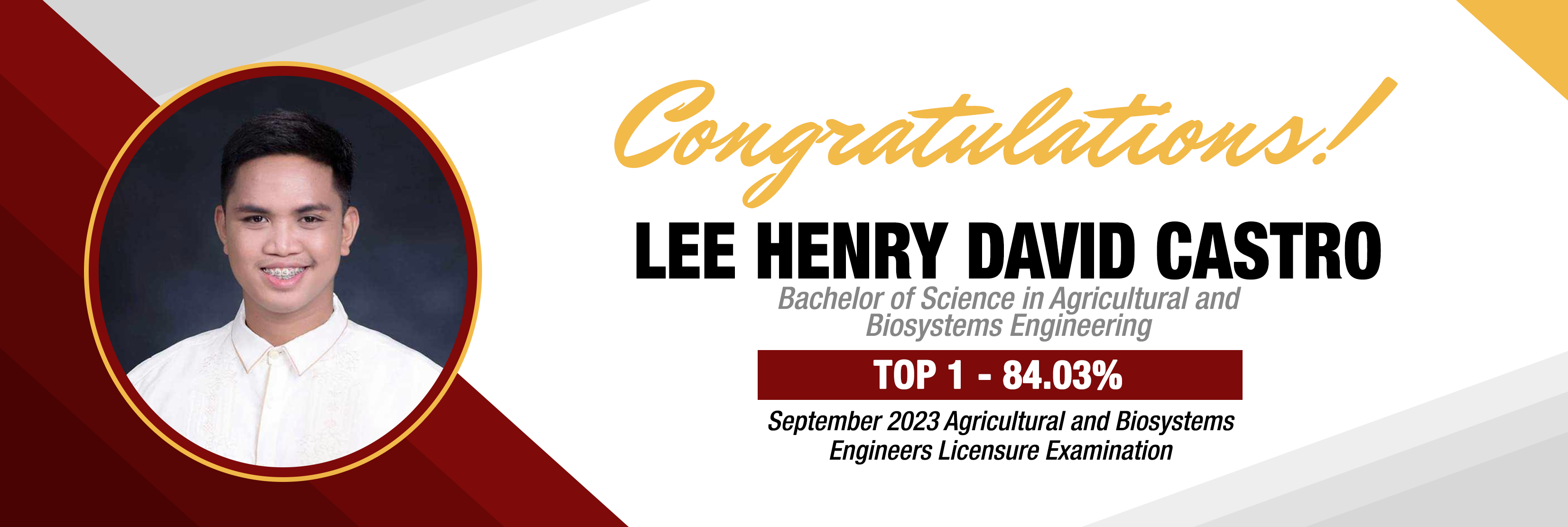
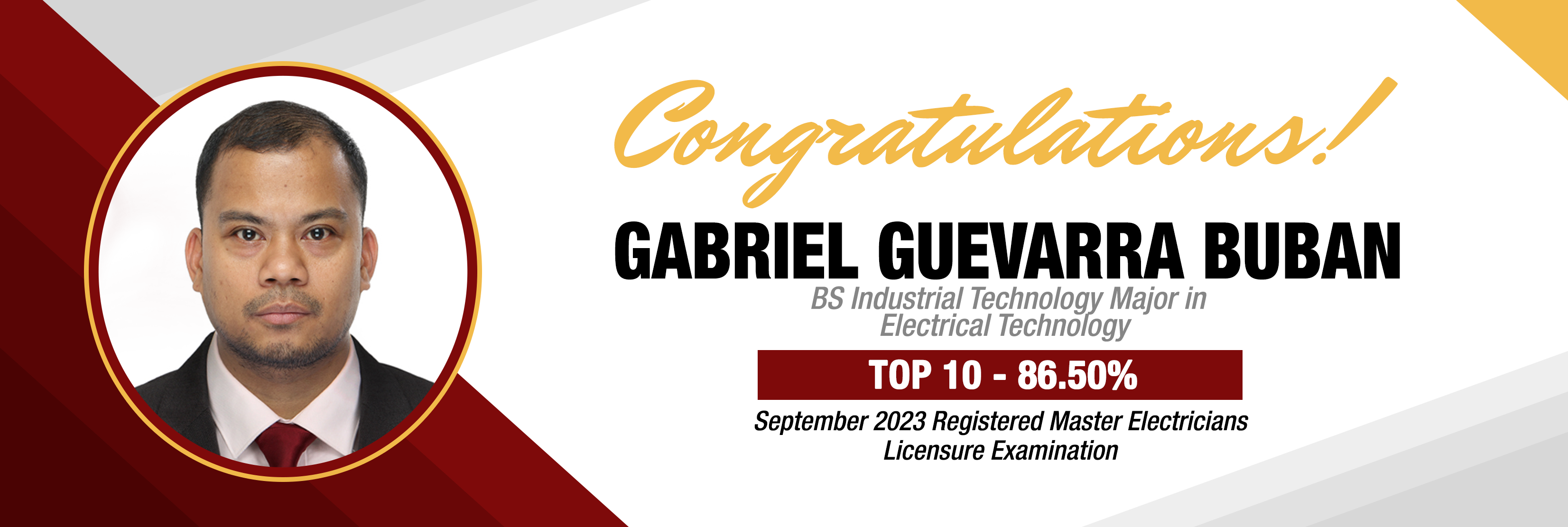
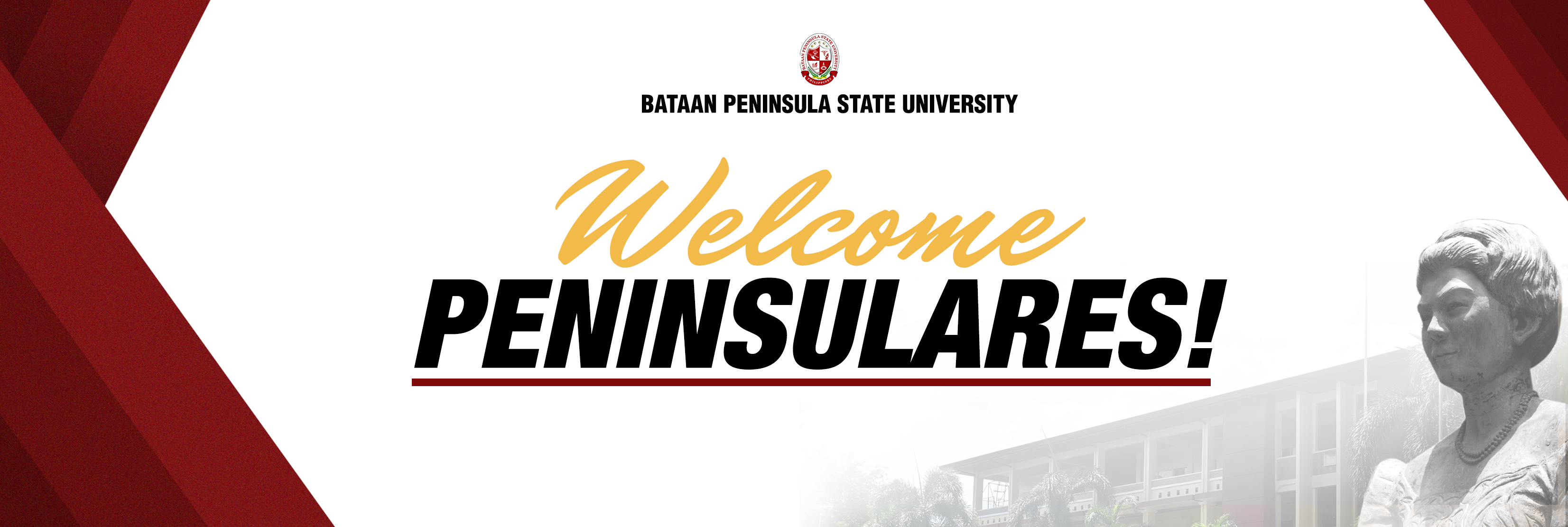
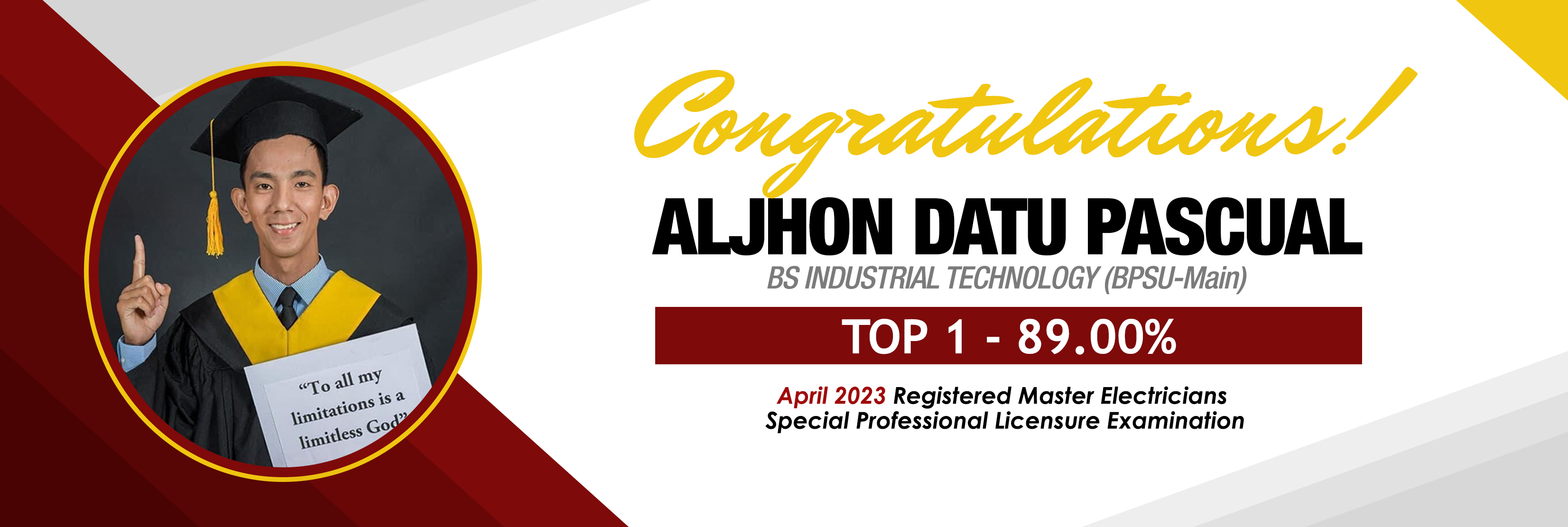
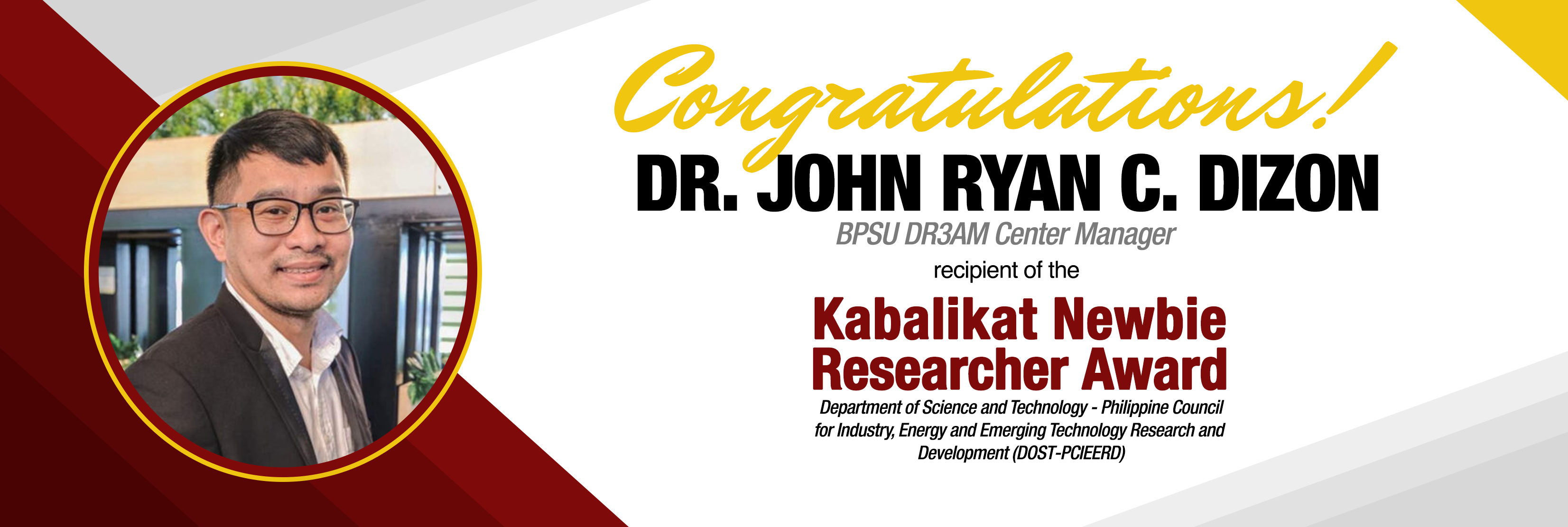
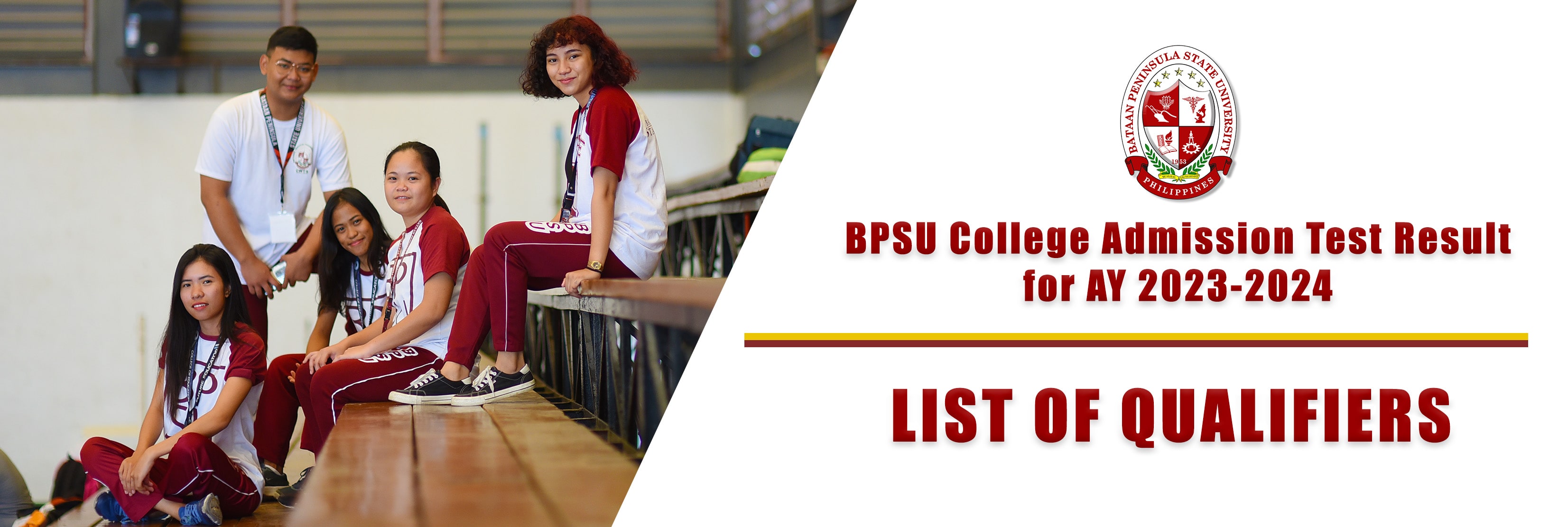
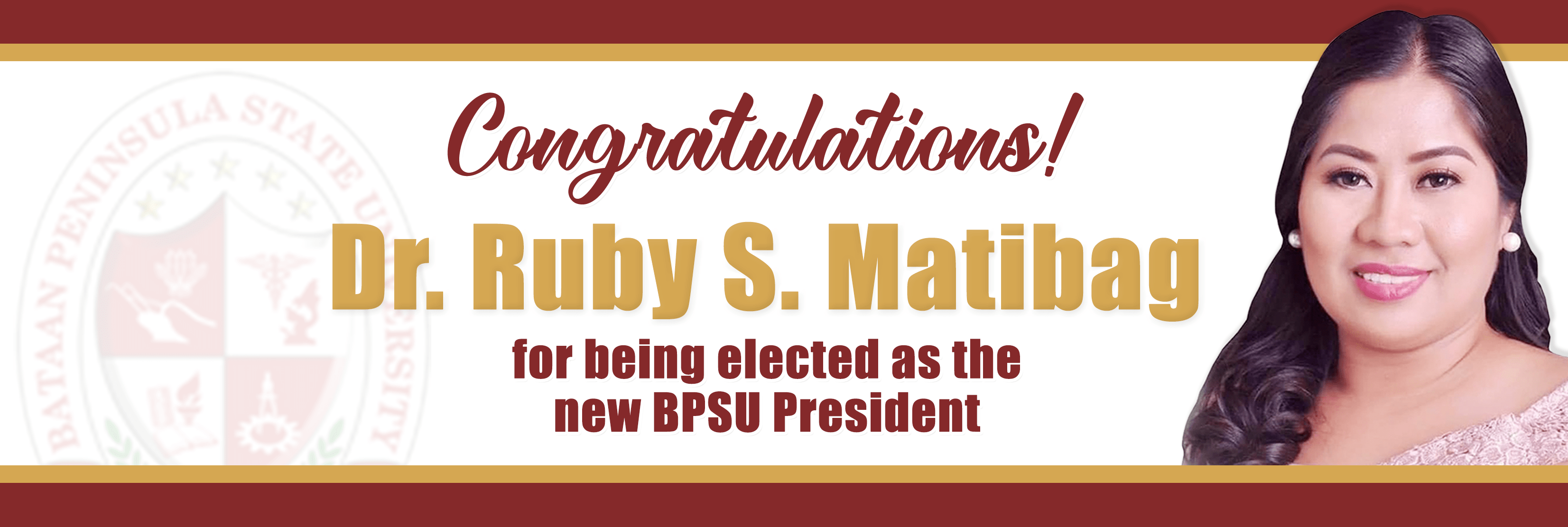
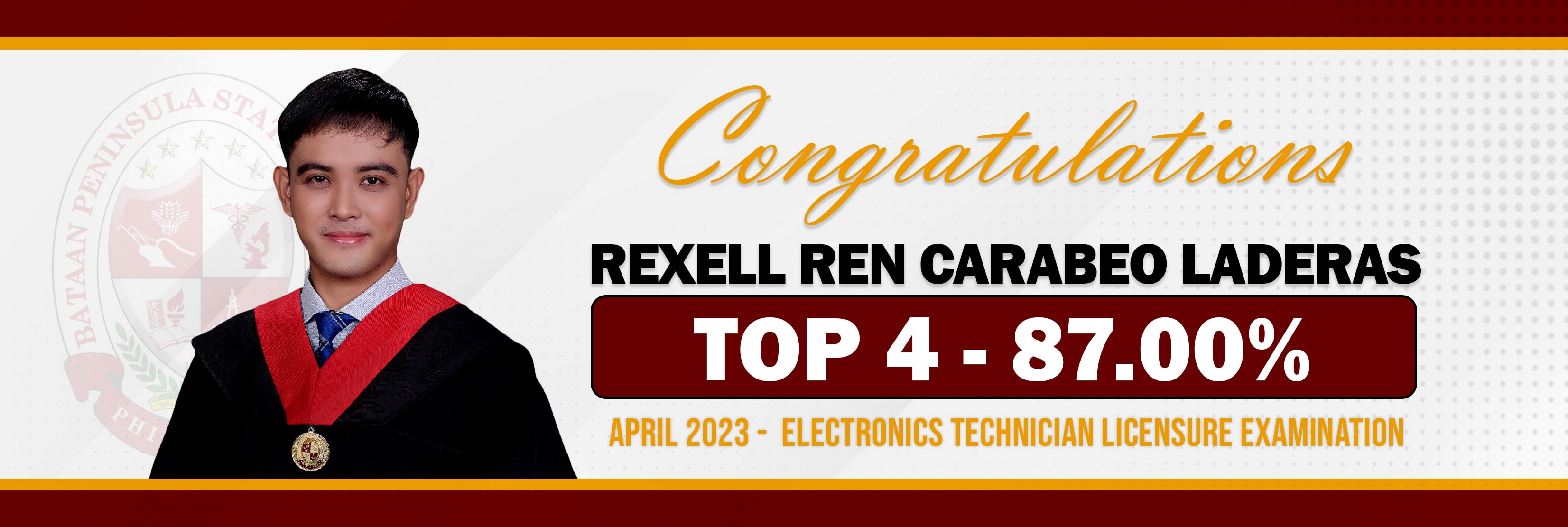
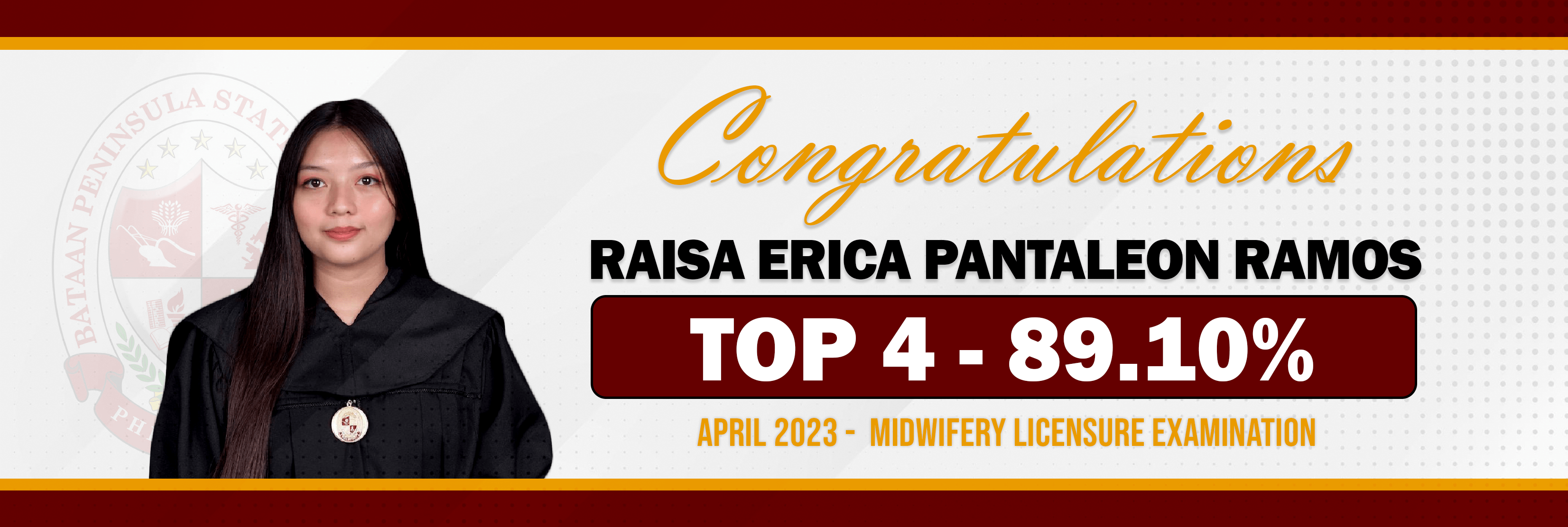
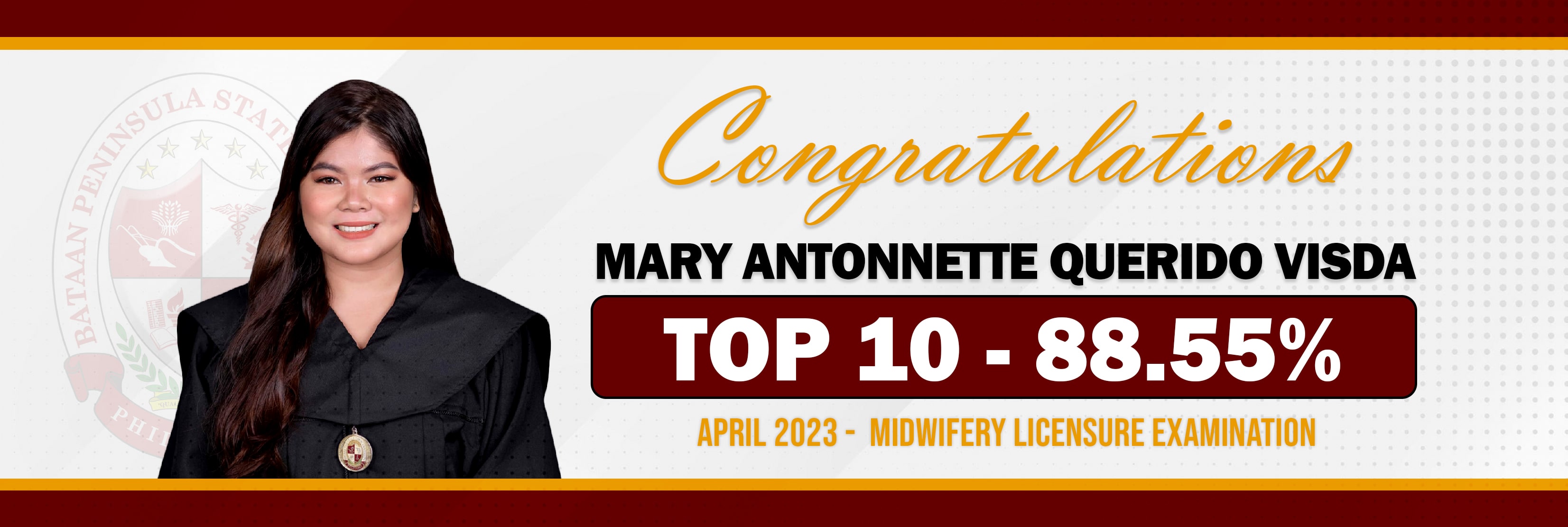
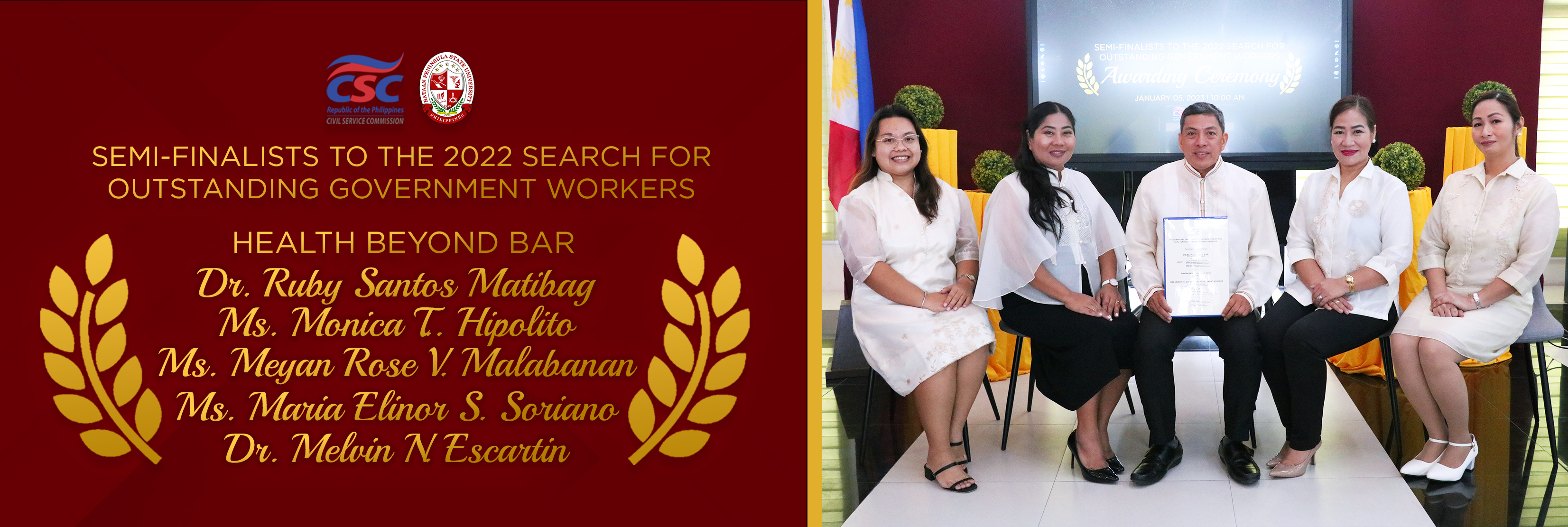
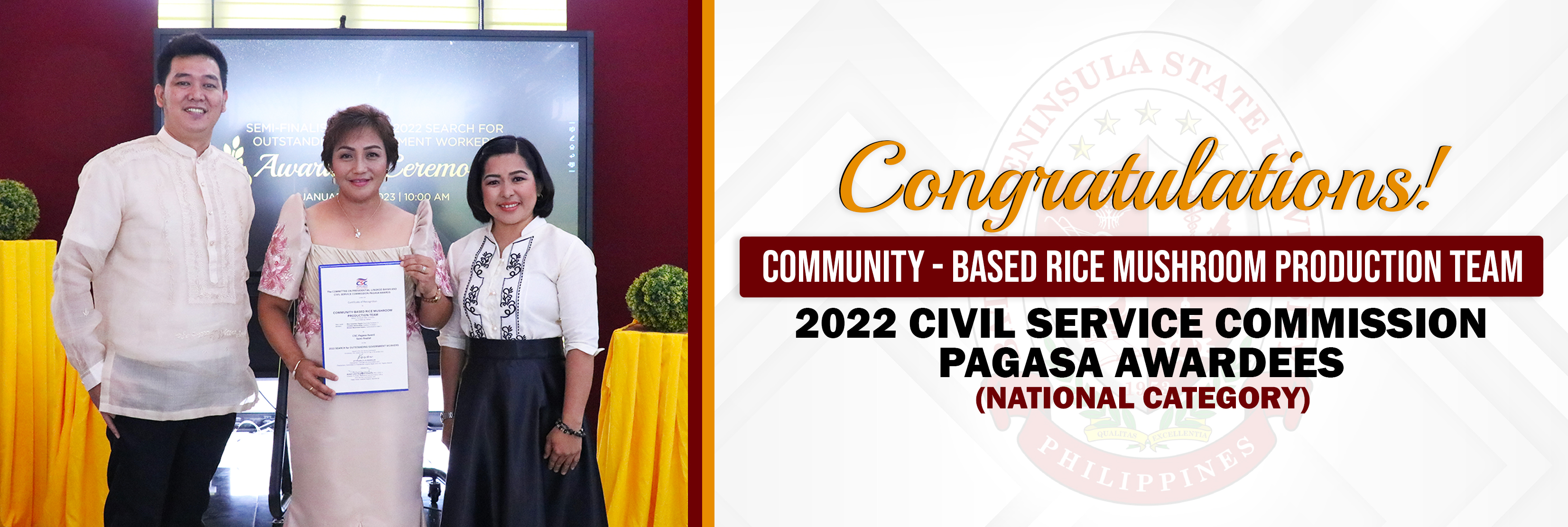








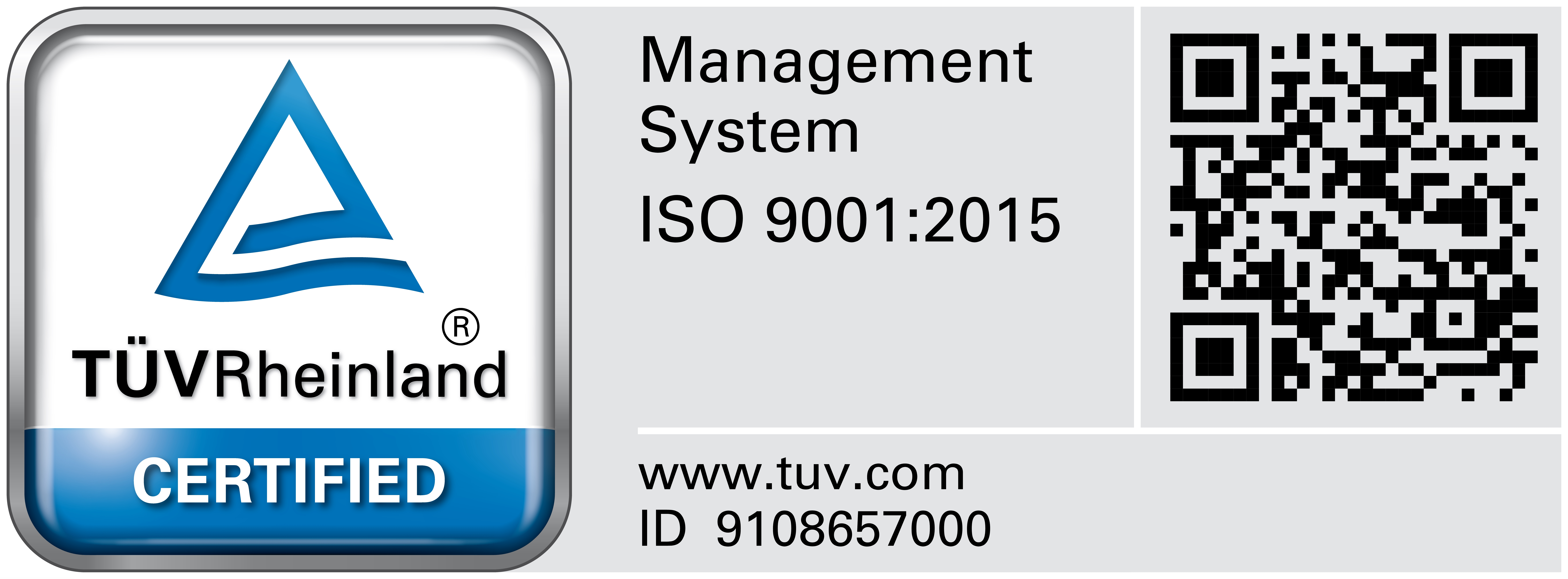

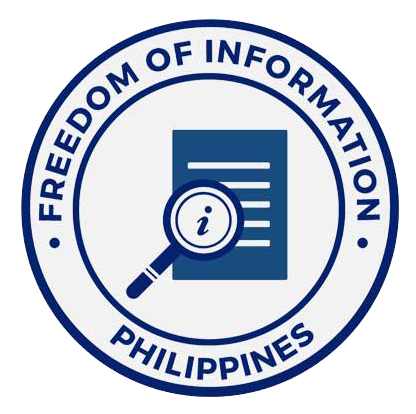
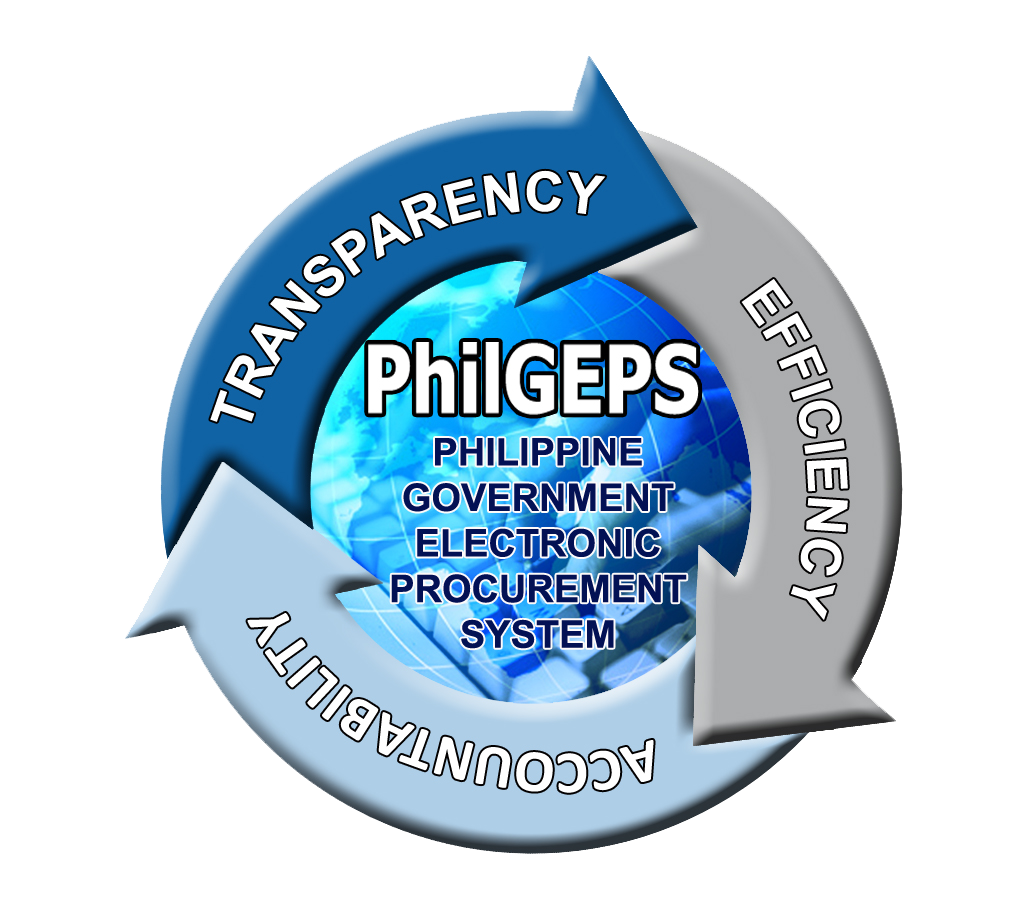
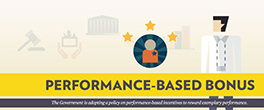


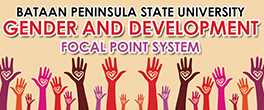





 Bataan Peninsula State University
Bataan Peninsula State University